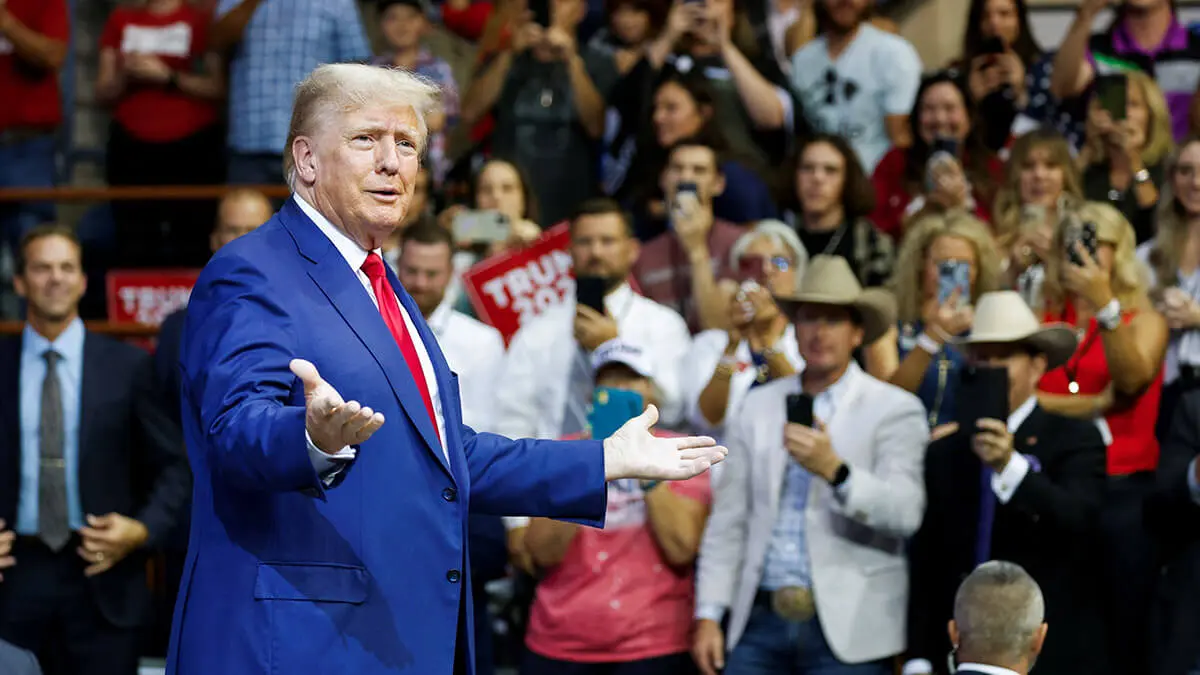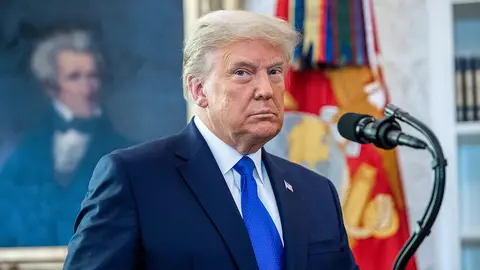Rosary of elections of interest to Europeans

In this leap year, the world will experience an electoral maelstrom: half of the world's population will go to the polls in seventy-six countries, in some cases to elect their respective leaders, in others their state and regional governments or to renew Congress.
There will be a test of democratic systems, elections with collateral effects on economic and military support for Ukraine against the Russian invasion or in relation to support for the government of Israel or the Palestinian Authority. A call to the polls that in autocracies such as Iran, Russia or Venezuela does not seem to arouse the illusion of a citizenry trapped in dictatorships.
Throughout the year there will be a hot electoral calendar that will affect economies with a profound impact on world GDP: The United States, India, Mexico, South Africa, Taiwan, Russia, Indonesia and the European Union (EU), made up of twenty-seven countries, will also face its own particular test of fire with the European Parliament elections (from 6 to 9 June) and the renewal of the presidency of the European Commission and, in November, of the president of the European Council.
Undoubtedly, the elections that most concern Europeans, NATO and Ukraine have to do with their main ally: the United States. Its presidential elections on 5 November are seen as a crucial moment for the geopolitical and geostrategic positioning of the transatlantic alliance not only on the military front and in terms of support for Ukraine, against Putin, but also in the interplay of interests vis-à-vis China and in the Middle East hornet's nest.
The fact that Donald Trump could return for another four years to run the White House is a source of considerable stress for Europeans who have already experienced first-hand the businessman's reproaches and the consequences of his follies. Even Zelenski knows that the worst thing that could happen to Ukraine is the return of Trump.
The 76-year-old Trump is charged with 37 counts, many related to overstepping his authority and keeping classified US government files in his home. And both the states of Maine and Colorado, through their respective courts, issued a ruling to remove Trump from the state ballot in the US presidential primary election, a decision that the former president has already appealed, asking the US Supreme Court to invalidate both rulings.
While the legal problems and impediments are increasing for Trump to run again for the Republican Party's nomination, on the street he is having the opposite effect because the number of people who support him is increasing.
The opposite is the case for President Joe Biden: at 81 years of age, he intends to run for another four years in the White House for the Democratic Party. Biden is not only hampered by his tired appearance, his absent-mindedness and blunders, but also by the negative effect that the White House's support for Israel's indiscriminate bombings is having on progressive and centre-left voters.
There is a powerful wing of students at America's most prestigious universities who oppose Biden's policy of supporting Israel in its war response against the Palestinians.
And then there is Florida which not only concentrates a part of the Hispanic vote, but also of the powerful Jewish business lobby, at least half a million live in Miami; Florida alone contributes 29 electoral votes and is one of the decisive states when it comes to electing the new tenant of the White House. Biden in his decisive support for Israel seeks to retain that vote for the Democrats. The political course of the American nation is undoubtedly unsettling.
On the subject
There are other elections that are also of interest to Europeans: Mexico, whose economy was recently ranked as the twelfth most powerful in the world according to the IMF, will go to the polls on 2 June to elect a president, as well as deputies, senators, state and municipal governments.
Europeans are following this process with great interest, as the Aztec country is a key partner for the European Union (EU) and because it will also be the first time that a woman will be elected president in this electoral contest, whether it be Claudia Sheinbaum, former mayor of Mexico City and government representative of Morena, or Xóchitl Gálvez, at the head of an opposition coalition called Frente Amplio por México, which brings together the Partido Acción Nacional and the Partido Revolucionario Institucional.
Europeans also have their eyes on the sixteen elections that will take place in Africa, some as important as those in Algeria, South Sudan, Ghana, Chad, South Africa and Tunisia. The security of the Sahel is at stake.
And then there is interest in the political landscape in India. The opposition appears more united than ever as Narendra Modi, the Prime Minister, seeks a third term in office amid a rising tide of polarisation and at a time when India's economy threatens to overtake China's for global relevance.
Finally, it remains to be seen how much participation the Venezuelan opposition will be able to have in the presidential elections agreed by Nicolás Maduro for the second half of the year. For the moment, the domestic situation has become even more complicated with the intensification of the territorial conflict with Guyana and the mobilisation of the army.



